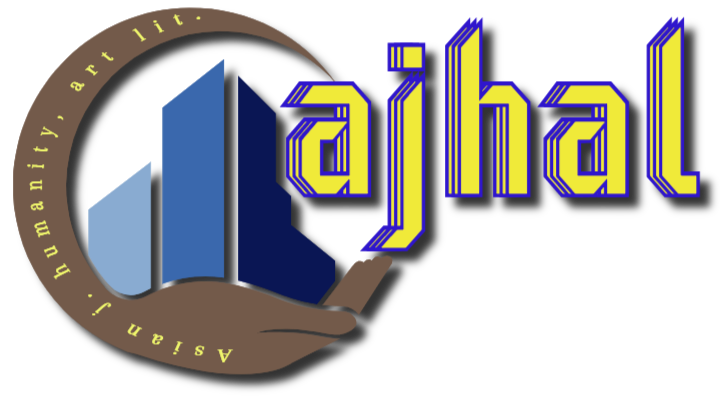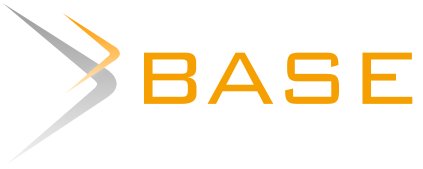Acquiring Scientific and Technological Proficiency: State of Science Education in Bangladesh
DOI:
https://doi.org/10.18034/ajhal.v6i2.363Keywords:
Science, literacy, education, technology, enrolementAbstract
Developing scientific values in students’ mind is the goal of science teaching. Bangladesh, of late, has adopted various strategies to educate the people and mainly the children. There are still many challenges for the country to attain an acceptable standard of education. Science education here in Bangladesh is in a state of crisis. The enrolment for science studies in the country shows a sharp decline over the past few years. This discipline, what once used to be the most sought after subject at secondary, higher secondary and tertiary levels in the country, is losing its appeal in an alarming shift of choice. Indeed it is important know what the obstacles are and how they are removed within a stipulated short period. This paper aims to present the current situation of Bangladesh in terms of science and technological development in the education sector. There is no alternative of a scientifically and technologically literate workforce as the future economy will also be science i.e. ICT based.
Downloads
References
Aikenhead, G. (2001), “Students Ease in Crossing Cultural Borders into School Science”, Science Education, 85(2), 180-188. DOI: https://doi.org/10.1002/1098-237X(200103)85:2<180::AID-SCE50>3.0.CO;2-1
Akhter, S. T. (2011), “Curriculum Emphases of Secondary Science Education”, preliminary findings of a Ph.D. work, Monash University, Australia.
Alam, G. M. (2008a), “The Role of Technical and Vocational Education in National Development of Bangladesh”, Asia-Pacific Journal of Cooperative Education, 9(1), 25-44.
Alam, G. M. (2008b), “Impact of the Private Universities on Bangladeshi Education System: An Investigation on Education Policy”, VDM, Germany.
Alam, G. M. (2009) ,“ The role of science and technology education at network age population for sustainable development of Bangladesh through human resource advancement”, available at: https://pdfs.semanticscholar.org/dfbd/b129618b19b7082d3383c45612178027bfd4.pdf (accessed 28 July 2019)
Alam, G. M. and Khalifa, M. T. B. (2009), “The Impact of Introducing a Business Marketing Approach to Education: A Study on Private HE in Bangladesh”, African Journal of Business Management, 3(9): 463-474.
Althusser, L. (1971), Lenin and Philosophy and Other Essays, New Left Books, London.
Ashraf, S. (2008), “State of Science Education in Bangladesh Current Status and Future Trends”, Star Campus, Volume 2, Issue 79, July 27, 1.
BANBEIS-Educational Database, “Bangladesh Education Statistics 2018(New)”, available at: http://data.banbeis.gov.bd/images/ban004.pdf (accessed 18 June 2019)
Billah, M. (2012), “Now Is the Time to Think of Quality Education and Drop out?”, available at: https://bdeduarticle.com/now-is-the-time-to-think-of-quality-education-and-drop-out (accessed 28 July 2019)
CAMPE (2011), “Education Watch 2009-10: Exploring Low Performance in Education – The Case of Sylhet Division”, Dhaka, Bangladesh.
Chadwick, Bruce A., et al. (1984), Social Science Research Methods, Prentice-Hall, New Jersey.
Choudhury, S. K. (2009), “Problems and Prospects of Science Education in Bangladesh”, AIP Conference Proceedings (Third IUPAP International Conference on Women in Physics),2007, Volume 1119, 83-84. DOI: https://doi.org/10.1063/1.3137919
CPD (2011), Dialogue on State of the Bangladesh Economy Analysis of the National Budget FY2011-12, 18 June, Dhaka.
Dhaka Tribune, (2019) “Education sector to see increase of Tk13, 213cr”, 13 June, 1. Available at: https://www.dhakatribune.com/bangladesh/2019/06/13/education-sector-to-see-increase-of-tk13-213cr (accessed 24 July 2019)
Forsyth, Ian, et al. (1995), Planning a Course: Practical Strategies for Teachers, Lecturers and Trainers, Kogan Page, London.
Haider, Q. and Sarker, S. K. (2012), “Science cannot Coexist with Backwardness”, The Daily Star, 7 August.
Kaykobad, M. (2012), “Popularising Science Education”, FORUM, Vol. 6, No. 9. available at: https://archive.thedailystar.net/forum/2012/September/popularising.htm (accessed 10 May 2018)
Miah, M. B. (2011), “Current Situations of Basic Education in Bangladesh”, available at: http://www.criced.tsukuba.ac.jp/pdf/06_Bangladesh_Badal.pdf (accessed 20 June 2018)
Ministry of Education (2017), Bangladesh Education Statistics 2016, BANBEIS, Bangladesh.
Ministry of Planning (2018), Bangladesh Statistics 2018, Bangladesh Bureau of Statistics (BBS), Bangladesh.
Sarkar, M. M. (2011), “Promoting Scientific Literacy through Secondary Science Textbooks”, preliminary findings of a Ph.D. work, Monash University, Australia.
Siddique, M. N. A. and Rahman, S. M. H. (2007), “Introducing open investigation in secondary
science practical work: Prospects and challenges in the context of Bangladesh”, Teacher's World Journal of Education and Research, 19–33.
Subramanian .R (2002), “Gender and Education”, available at: https://www.files.ethz.ch/isn/102710/9.pdf (accessed 28 July 2019)
The Daily Star (2019), “Budget 2019-20 in pie charts”, 13 June, 1 available at: https://www.thedailystar.net/bangladesh-national-budget-2019-20/bangladesh-budget-2019-20-in-pie-charts-1756573 (accessed 24 July 2019)
UNESCO (2008), EFA Global Monitoring Report, Oxford University Press, New York.
UNICEF (2011), “Child-Friendly Schools”, available at: http://www.unicef.org/lifeskills /index_7260.html (accessed 12 February 2018).
Zanken, J. W. V. (1985), Human Development, 3rd edition, Alfred A. Knopf, New York.
Ziman, J. (2000), Real Science: What it is, and What it Means, Cambridge University Press, New York. DOI: https://doi.org/10.1017/CBO9780511541391
--0--















